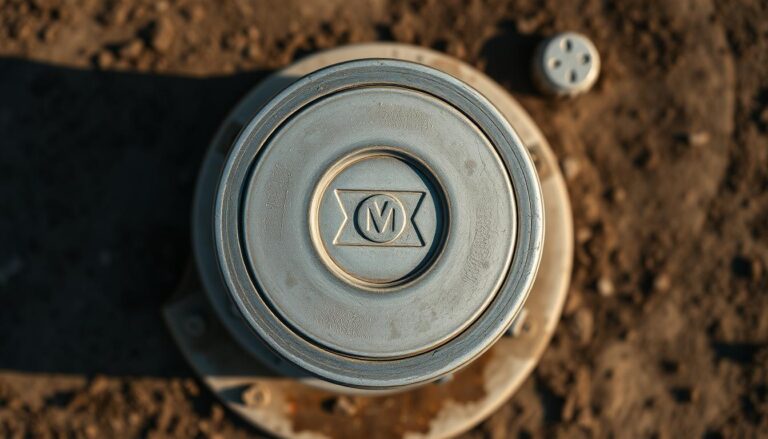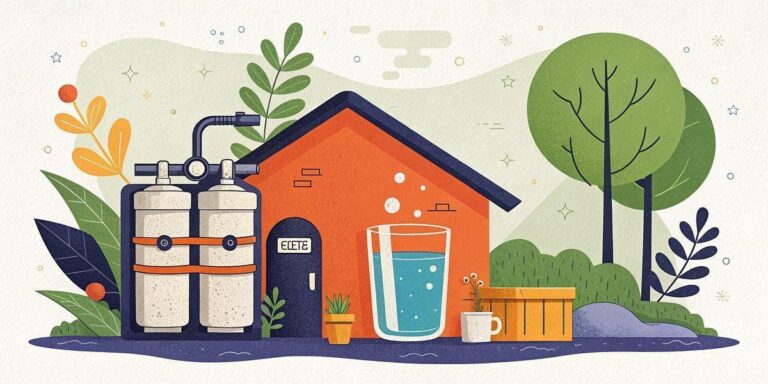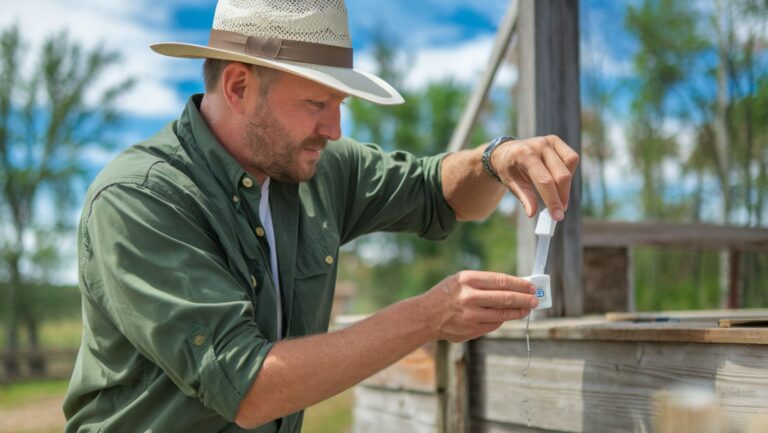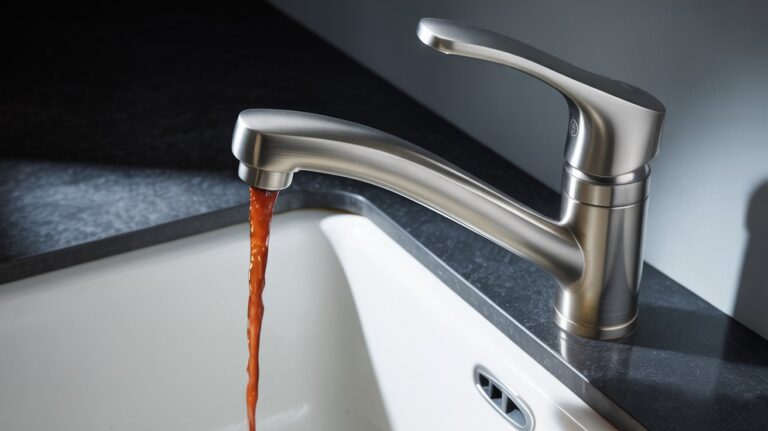Can Well Water Contribute to Kidney Stone Formation
Do you know what substances are lurking in your well water? Perhaps you’re someone who enjoys the simplicity and autonomy of using well water, or maybe you’re just curious about its potential impact on your health. One question that might cross your mind is whether your choice of drinking this natural resource might be contributing to the formation of kidney stones.
There is no definitive answer stating that well water directly causes kidney stones, certain characteristics associated with well water—such as mineral content and overall quality—can influence an individual’s risk factors for developing these painful deposits
Understanding Kidney Stones
Before diving into the specifics of well water, it’s crucial to understand what kidney stones are and the role they play in your body. Kidney stones are hard mineral and salt deposits that form inside your kidneys. They can vary in size and may move through your urinary tract, causing intense pain. Factors like diet, weight, fluid intake, and medical history can all impact your likelihood of developing kidney stones.
Types of Kidney Stones
There are several types of kidney stones, each with different causes and characteristics:
- Calcium Stones: The most common type, often formed from calcium oxalate. Oxalate is a naturally occurring substance found in food, and your liver produces it as well.
- Struvite Stones: Typically form in response to an infection such as a urinary tract infection. These stones can grow quickly and become quite large.
- Uric Acid Stones: Develop in people who lose too much fluid due to chronic diarrhea, have high-protein diets, or have diabetes.
- Cystine Stones: These are rare and occur in people with a hereditary disorder that causes the kidneys to excrete too much of a specific amino acid.
Understanding these types will help you relate how different water compositions might influence stone formation.
The Composition of Well Water
Well water’s composition can significantly vary depending on your geographical location and surrounding environmental factors. This variability is what raises concerns regarding its potential to contribute to kidney stone formation.
Common Components in Well Water
- Calcium and Magnesium: These minerals, often found in hard water, can contribute to the formation of calcium oxalate stones if consumed in excess.
- Iron: While essential for your body, high levels of iron can be problematic, leading to conditions like hemochromatosis and possibly influencing stone formation.
- Sulfates: Found in higher concentrations in some well waters, which might influence stone formation.
External Contaminants
In addition to naturally occurring minerals, well water can also contain contaminants such as:
- Nitrates: Often from agricultural runoff, they can pose health risks and affect kidney function.
- Pesticides and Herbicides: These may seep into the water sources from nearby farmland, contributing to various health issues.
It’s important to regularly test your well water to understand what specific components you’re dealing with, particularly if you live in an agricultural or industrial area.
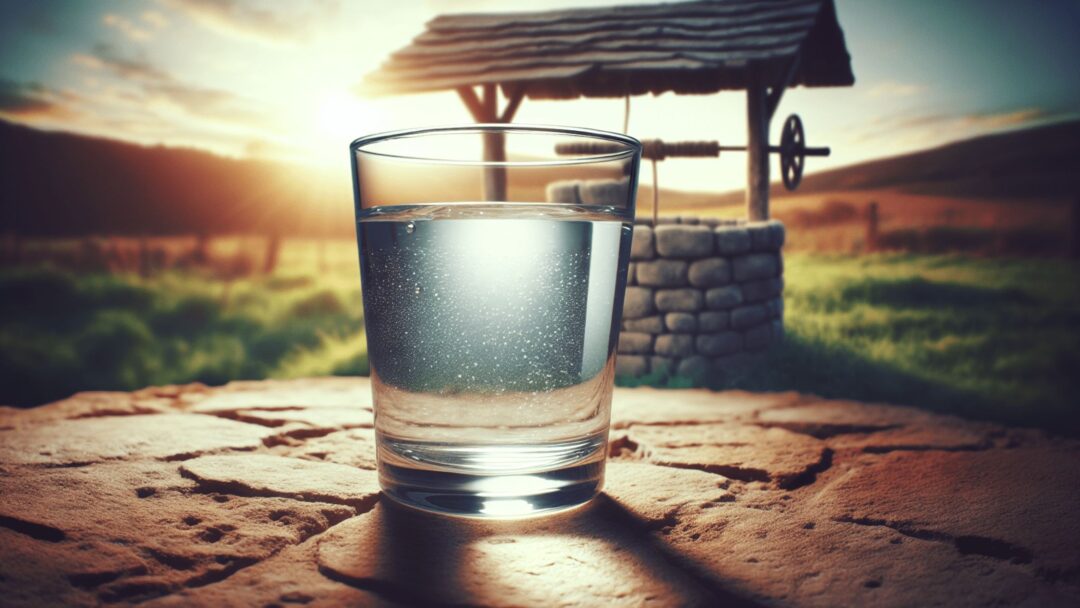
How Well Water Might Contribute to Kidney Stone Formation
Now, let’s break down the connection between well water consumption and kidney stone formation, keeping in mind the elements found in well water.
Hardness of Water
Water hardness refers to the concentration of calcium and magnesium ions. Hard water can mean a higher intake of calcium and magnesium, which are principal components in the formation of calcium-based kidney stones. Although your body needs calcium, excessive amounts can lead to health issues.
Mineral Imbalance
Certain minerals in well water might exacerbate the formation of kidney stones:
- High Calcium Levels: An excess can lead to the development of calcium oxalate stones, especially if coupled with high oxalate consumption in your diet.
- Magnesium Deficiency or Excess: Can affect the way calcium is processed in your body. Magnesium helps to convert oxalate into a form less likely to crystallize into stones.
- Iron and Sulfate Content: These can interfere with the absorption of other minerals, adding to the complexity of stone formation.
Environmental Contaminants
Contaminants such as nitrates from fertilizers or agricultural runoffs could potentially disturb your kidney function. Although concrete evidence linking these contaminants directly to kidney stones is limited, maintaining water purity is always advisable for reducing health risks.
Ways to Mitigate Risks
Understanding these potential risks inherent in your well water is the first step towards mitigating them. Here are a few practical steps you can take to protect your health:
Regular Testing
Test your well water regularly to monitor its composition. Look for:
- Mineral Content: Know the levels of calcium, magnesium, and other minerals.
- Contaminants: Check for nitrates, pesticides, and other industrial or agricultural chemicals.
Periodic testing can alert you to changes that might indicate a new concern or the presence of unwanted components.
Water Filtration and Treatment
Employing a good water filtration system can significantly reduce various minerals and contaminants. Options include:
- Water Softeners: Can help reduce the concentration of calcium and magnesium in hard water.
- Activated Carbon Filters: Effective against organic contaminants and some types of pesticides.
- Reverse Osmosis Systems: Highly effective for removing nitrates, salts, and other impurities but require regular maintenance.
Dietary Adjustments
In addition to treating your water, consider dietary adjustments:
- Stay Hydrated: Increase your fluid intake to help dilute substances in the urine that lead to stones.
- Monitor Calcium and Oxalate Intake: Balance your diet to avoid excess calcium without eliminating it, as other health problems can arise from calcium deficiency.
- Reduced Sodium and Animal Protein: High levels of these can increase the presence of certain waste substances kidney stones form from.
Consulting Professionals
Work with healthcare professionals and possibly a nutritionist for tailored advice if you’re prone to kidney stones. They can offer specific dietary and lifestyle recommendations, which may be more effective when combined with water treatment efforts.
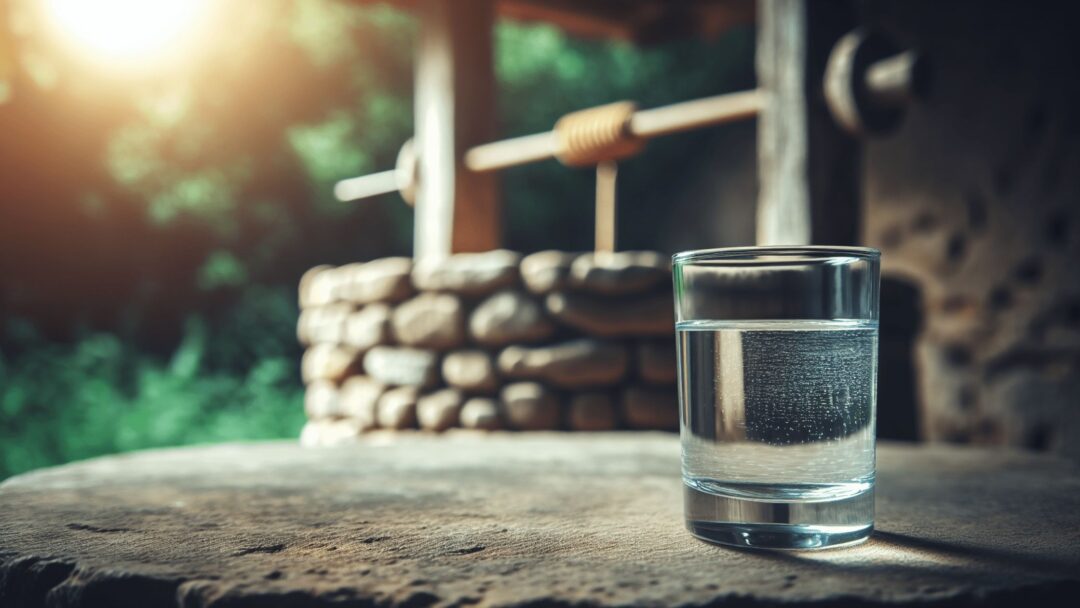
Broader Considerations
Beyond the immediate concerns of kidney stones, consider the broader health implications of consistently consuming untreated or poorly managed well water.
Health Impacts
Aside from potential stone formation, contaminated or hard well water can lead to other health concerns, such as:
- Gastrointestinal Issues: From microbial contaminants or imbalanced mineral content.
- Skin Conditions: Due to exposure to hard water, iron, and other irritants.
- Long-Term Organ Impact: From chronic exposure to high levels of toxic contaminants like nitrates.
Sustainable Practices
Ensuring your water source remains safe and sustainable includes practices such as:
- Regular Maintenance on Your Well: Keeping the well structure intact and free from contamination risks.
- Eco-friendly Land Use Practices: Adopting landscaping and agricultural practices that limit chemical runoff.
Conclusion
While the direct link between well water and kidney stones needs more scientific exploration, the potential for certain well water characteristics to influence stone risk is evident. By understanding the composition of your well water and taking steps to manage its consumption and content, you can better protect yourself from not only kidney stones but a wider range of health issues.
Staying informed, adopting regular water testing, using effective filtration systems, and making prudent dietary choices will empower you to take control of your health, minimize risks, and enjoy the benefits of this natural resource. Staying proactive and educated can significantly affect your well-being, allowing you to enjoy life more comfortably and confidently.


